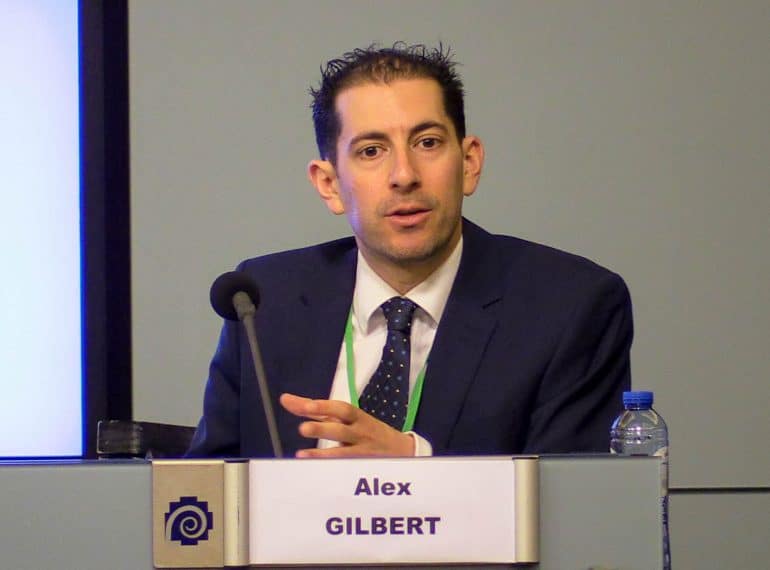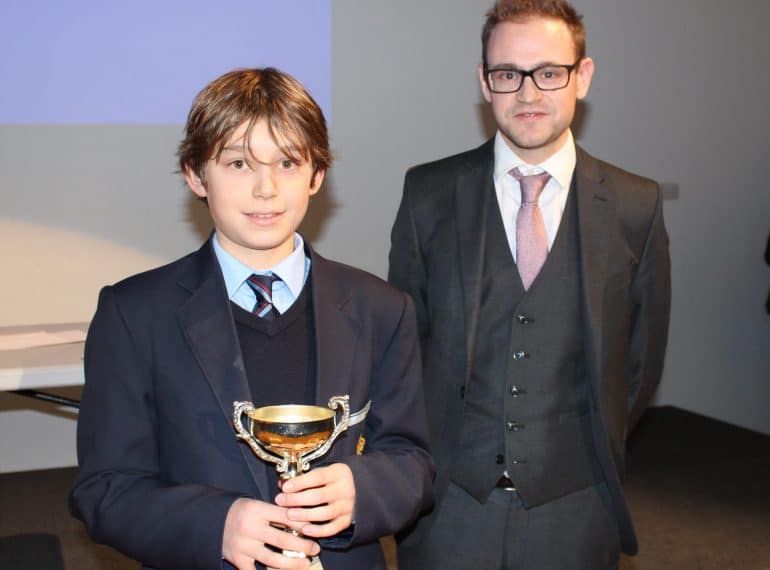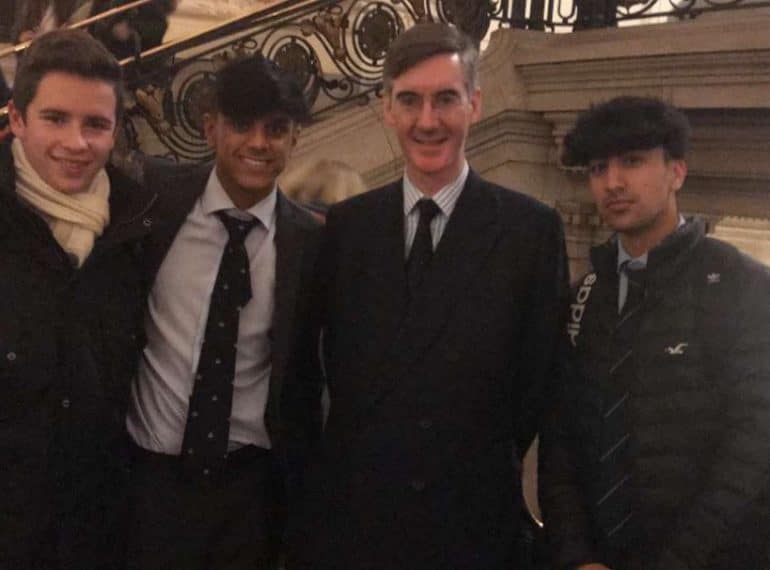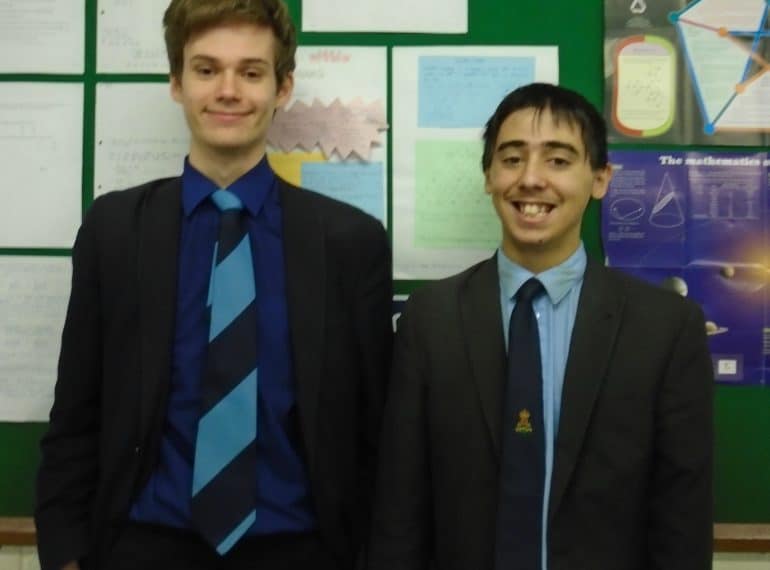
QE Headmaster Neil Enright has announced the prefect team for 2018, including the new School Captain and the other Senior Officials.
Aashish Khimasia will take over at the head of the team of Senior Vice-Captains, Vice-Captains, House Captains, Deputy House Captains and Prefects, all drawn from Year 12.
The Headmaster said: “My thanks go to the outgoing School Captain, Oliver Robinson, for the excellent way in which he has conducted himself and handled his responsibilities. I congratulate Aashish and his team on their appointment: these are positions of significant responsibility, critical to the smooth running of the School, to the success of major events and to the culture of QE.
“Being awarded one of these roles is rightly seen as a great honour and reward, and it reflects the sustained commitment the successful candidates have already shown to the School and to their peers. I am convinced that the new team will do a sterling job in upholding our fine traditions.”

“I try to keep an open mind to different ways of life, and to ways of personal mental and emotional development outside of an academic context,” added Aaashish, who is described by this tutor as an “excellent all-rounder” who is “calm and methodical”.

Both are musicians, while Binu’s extra-curricular interests include membership of the Combined Cadet Force and Aditya enjoys judo and rugby, as well as helping to mentor the élite mathematicians in Years 10 and 11.
“I think I am quite an approachable person that people can trust to listen to them…Also, I am quite passionate about the things that I do, and if I do something, I like to do it properly,” said Binu.
For his part, Aditya said: ““I think that one of my core values is honesty; I try to be considerate and respectful to everyone, regardless of who they are and where they come from.”
Under this trio is a ten-strong team of Vice-Captains, together with a Captain and Deputy Captain for each of the six Houses. A slight expansion of the prefects team to 90 reflects the fact that the Sixth Form is the largest in the School’s 444-year history.




